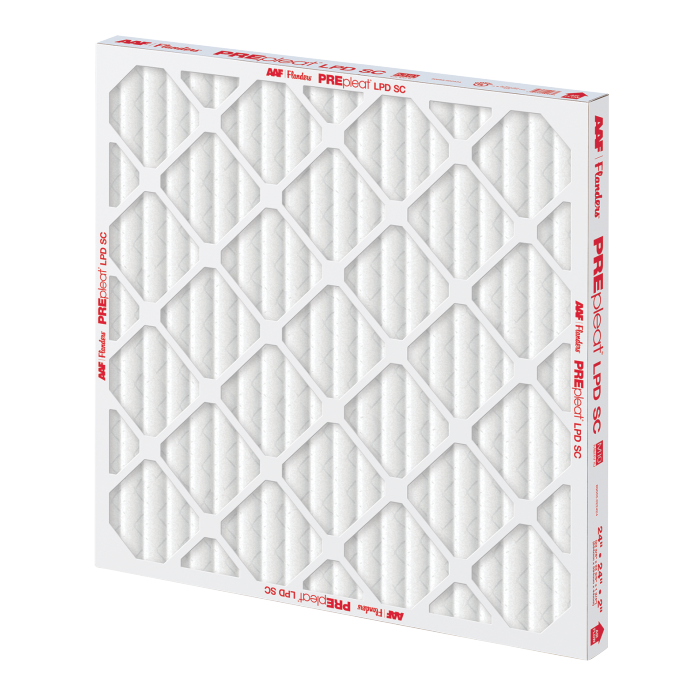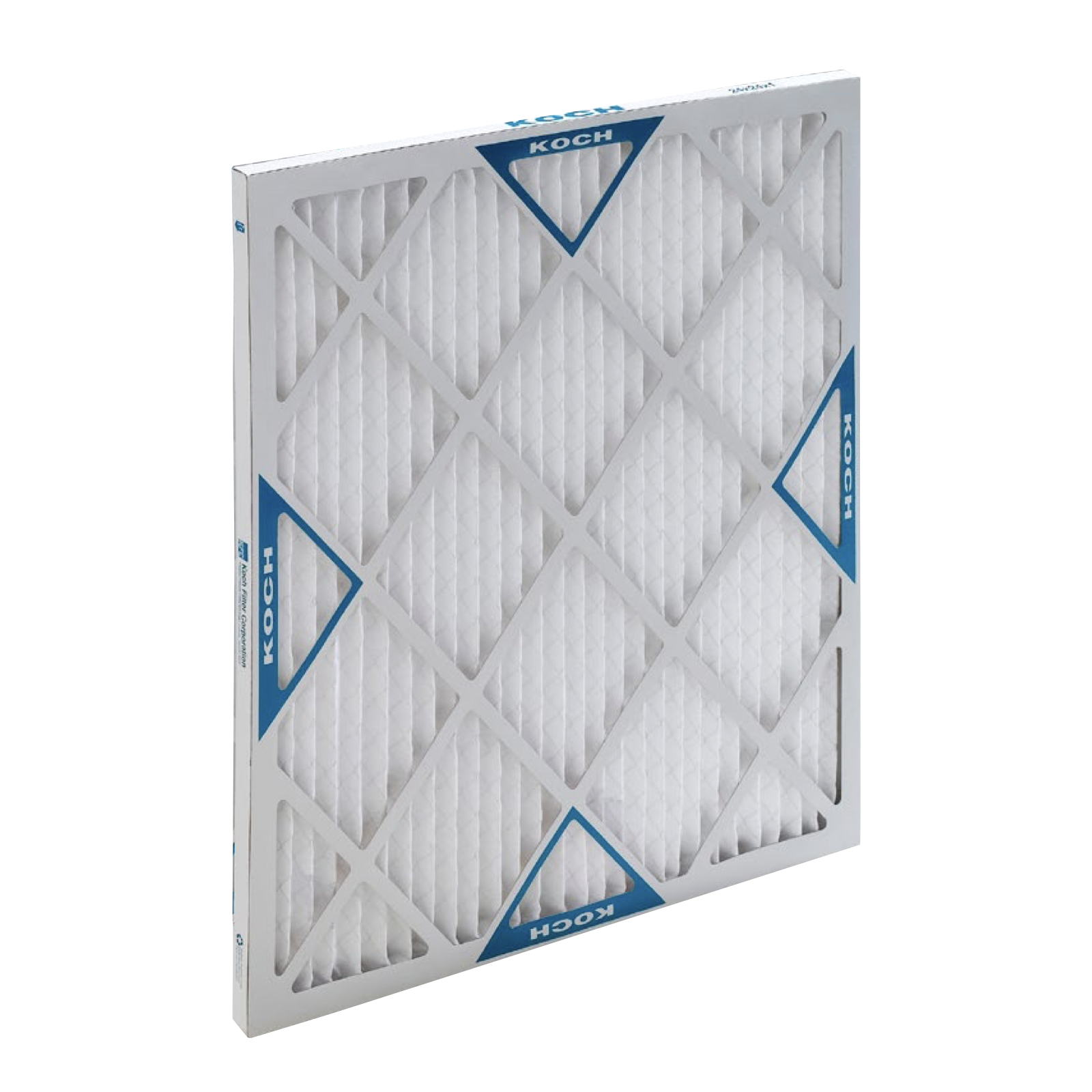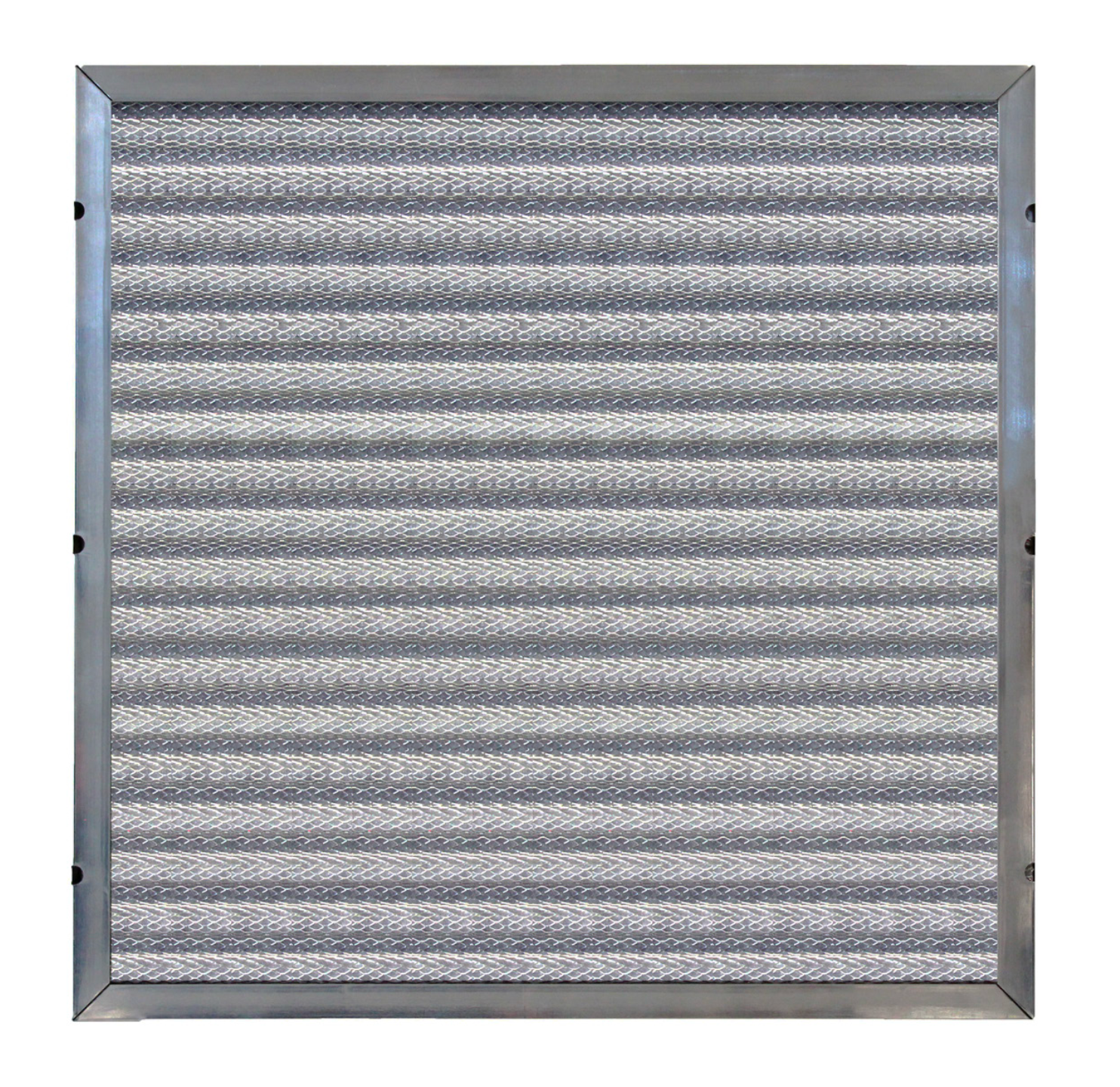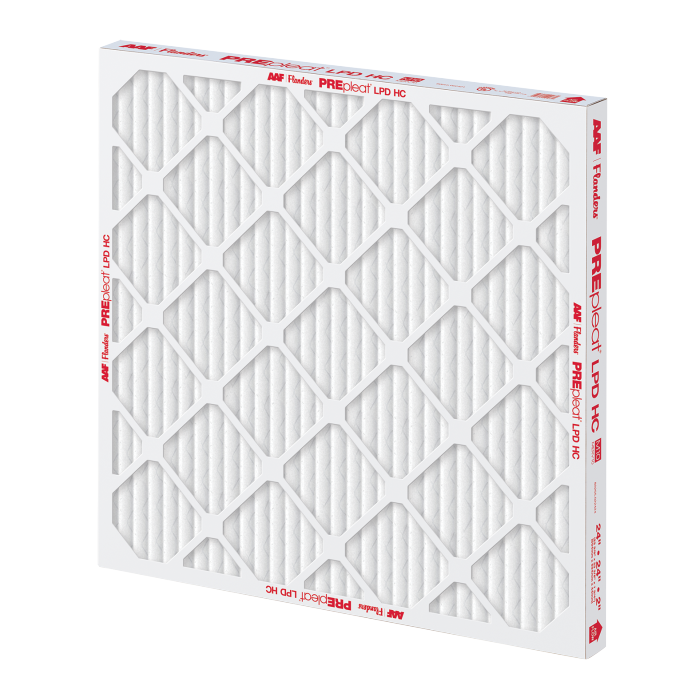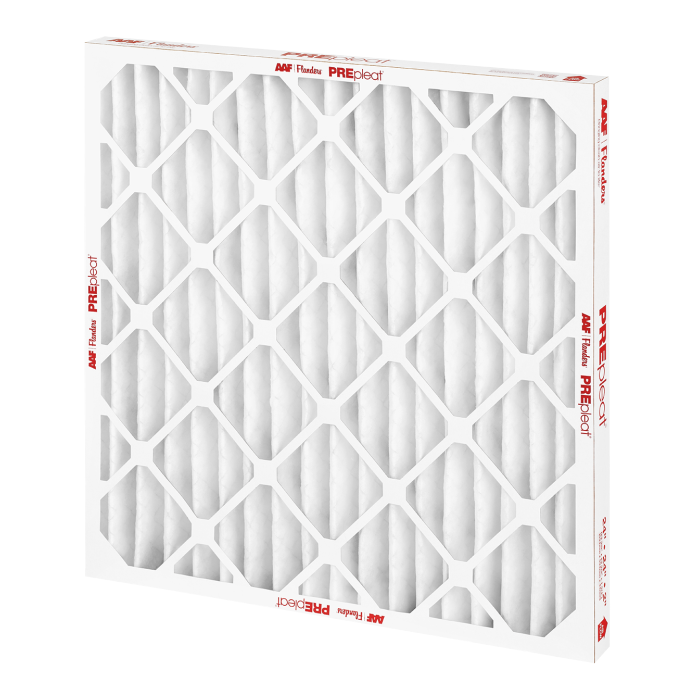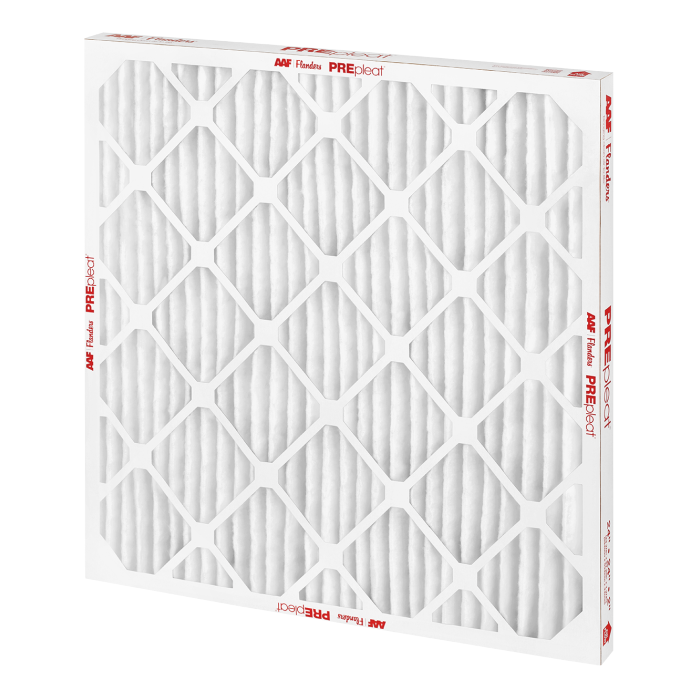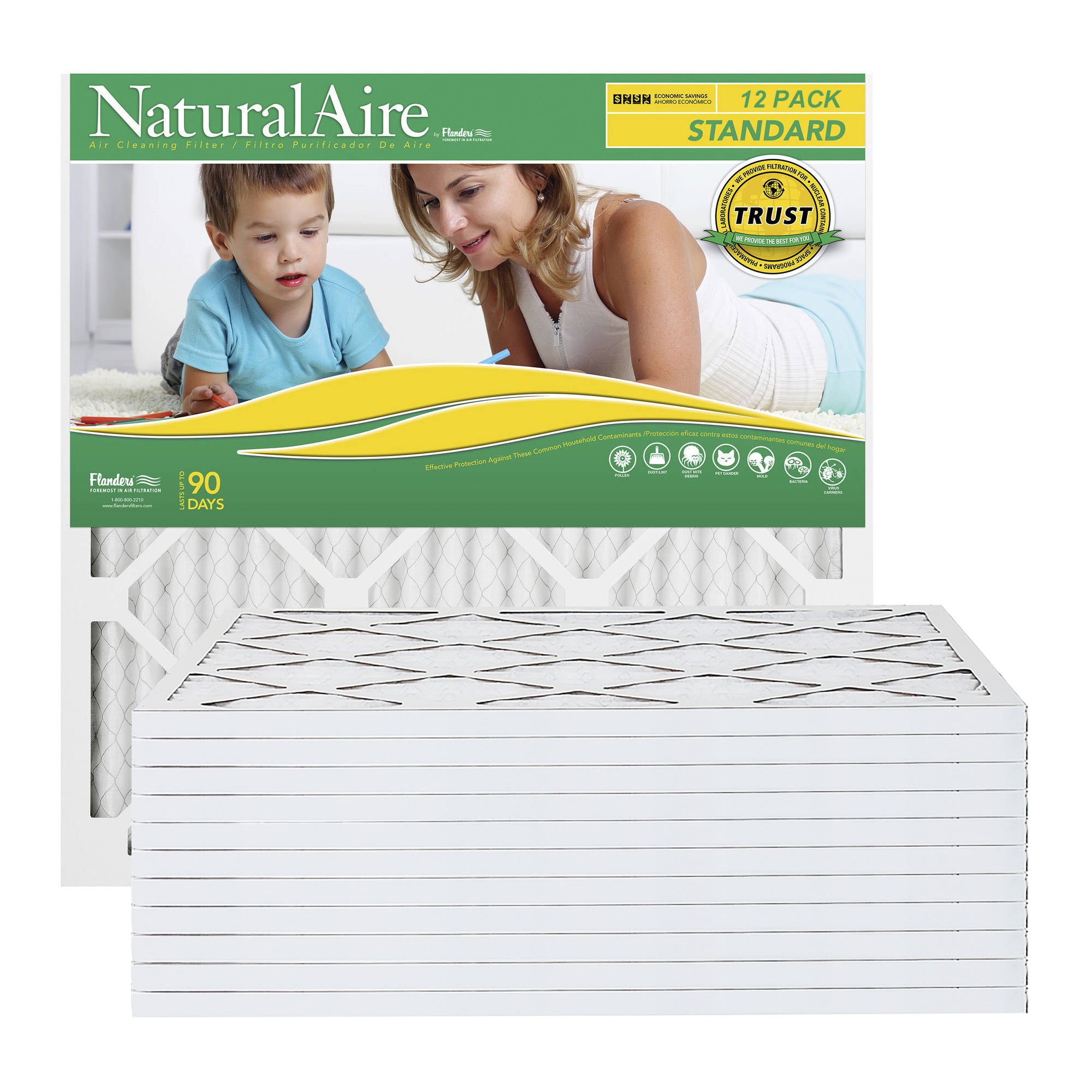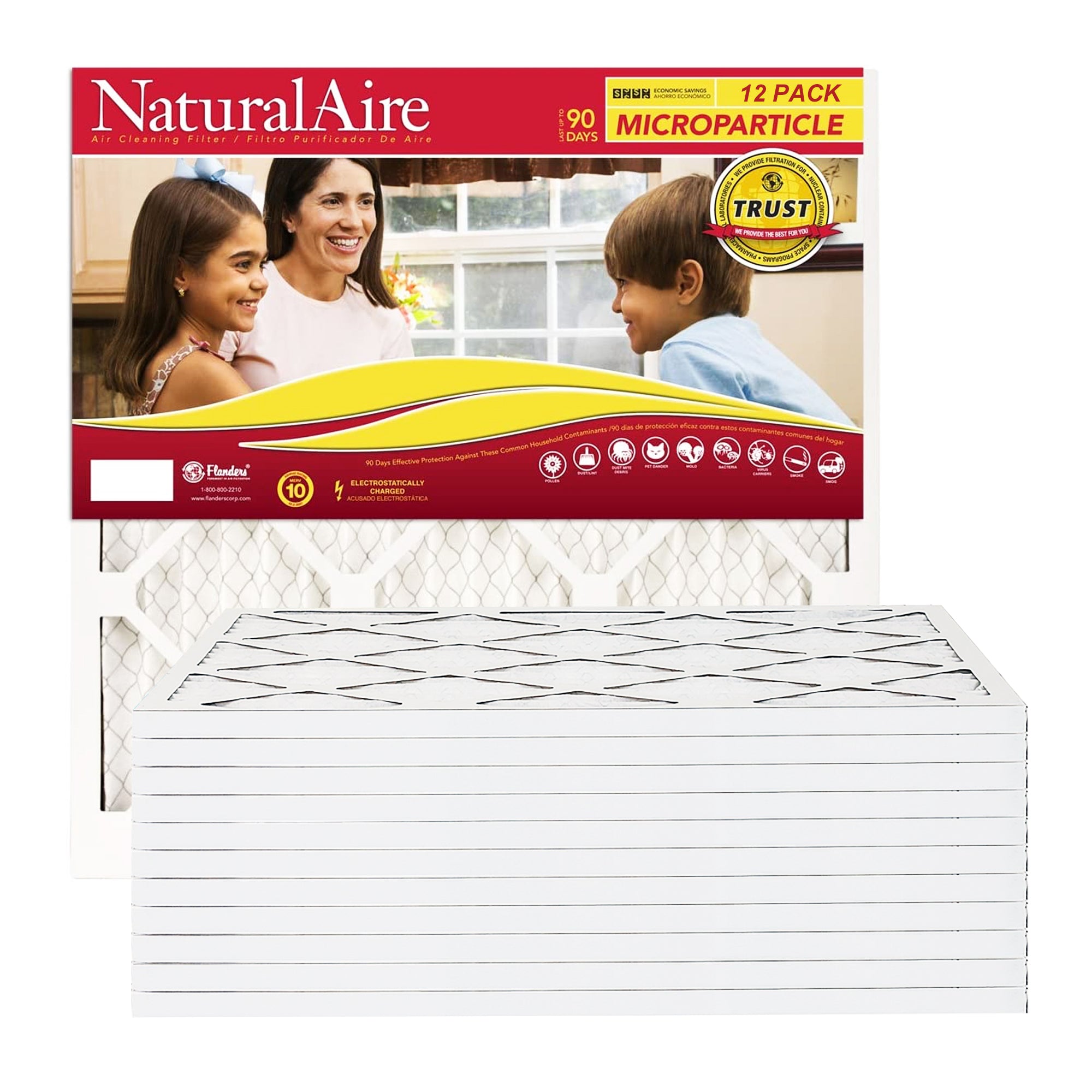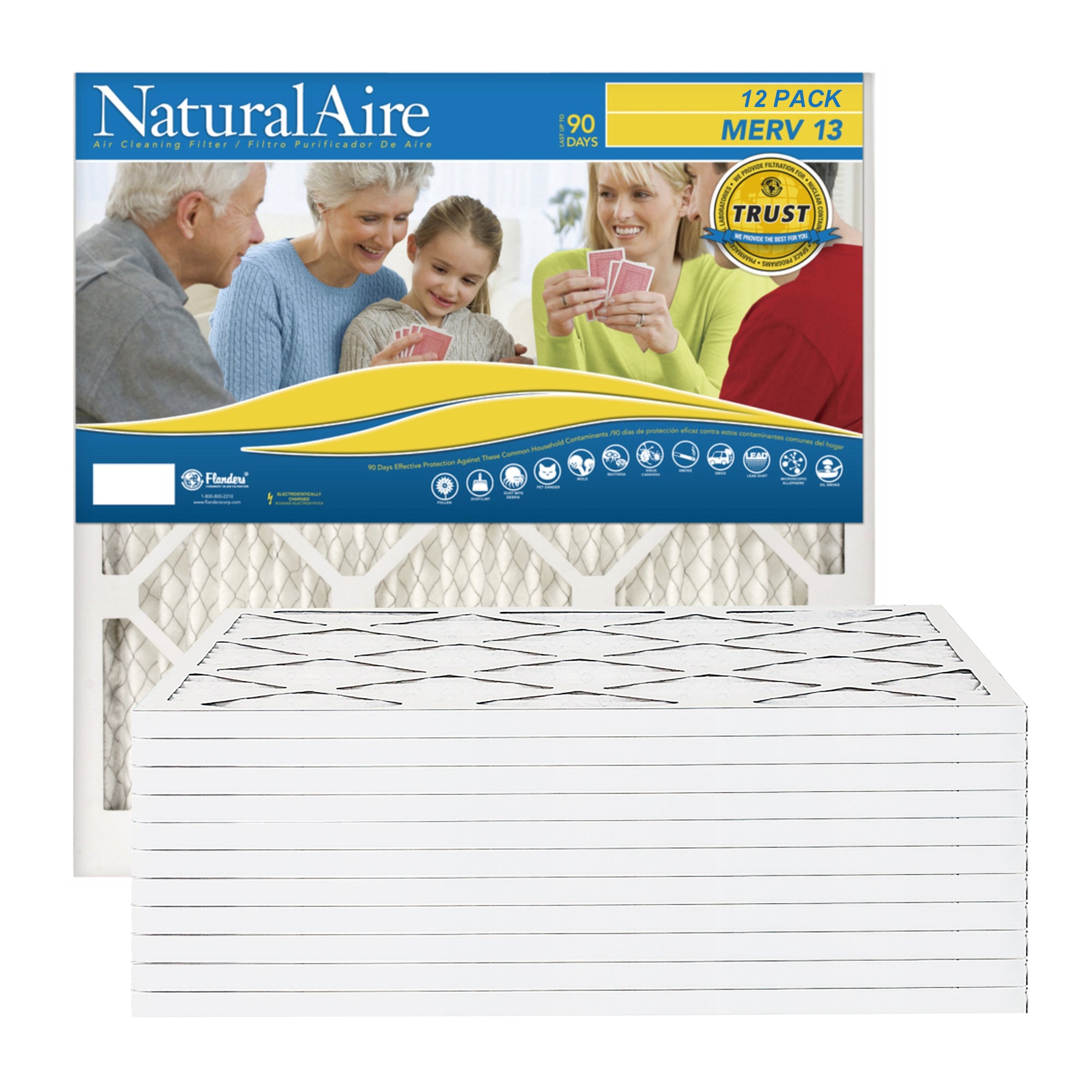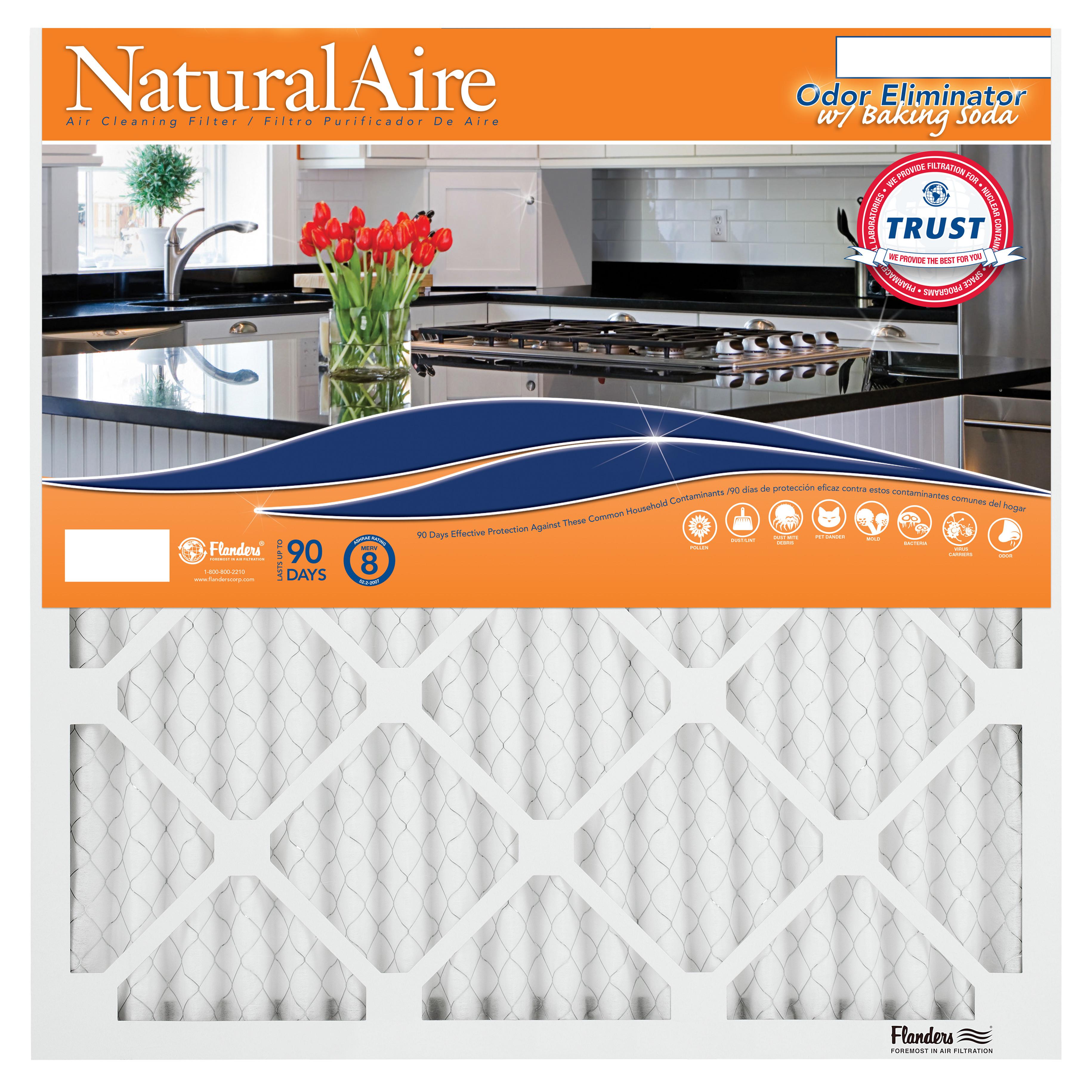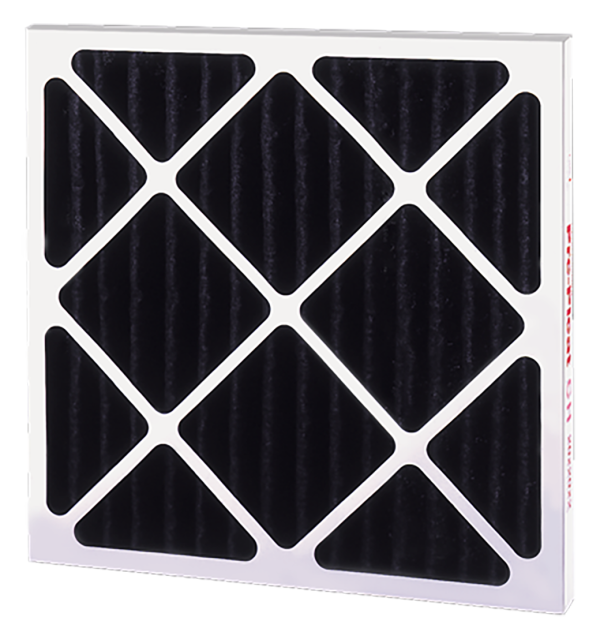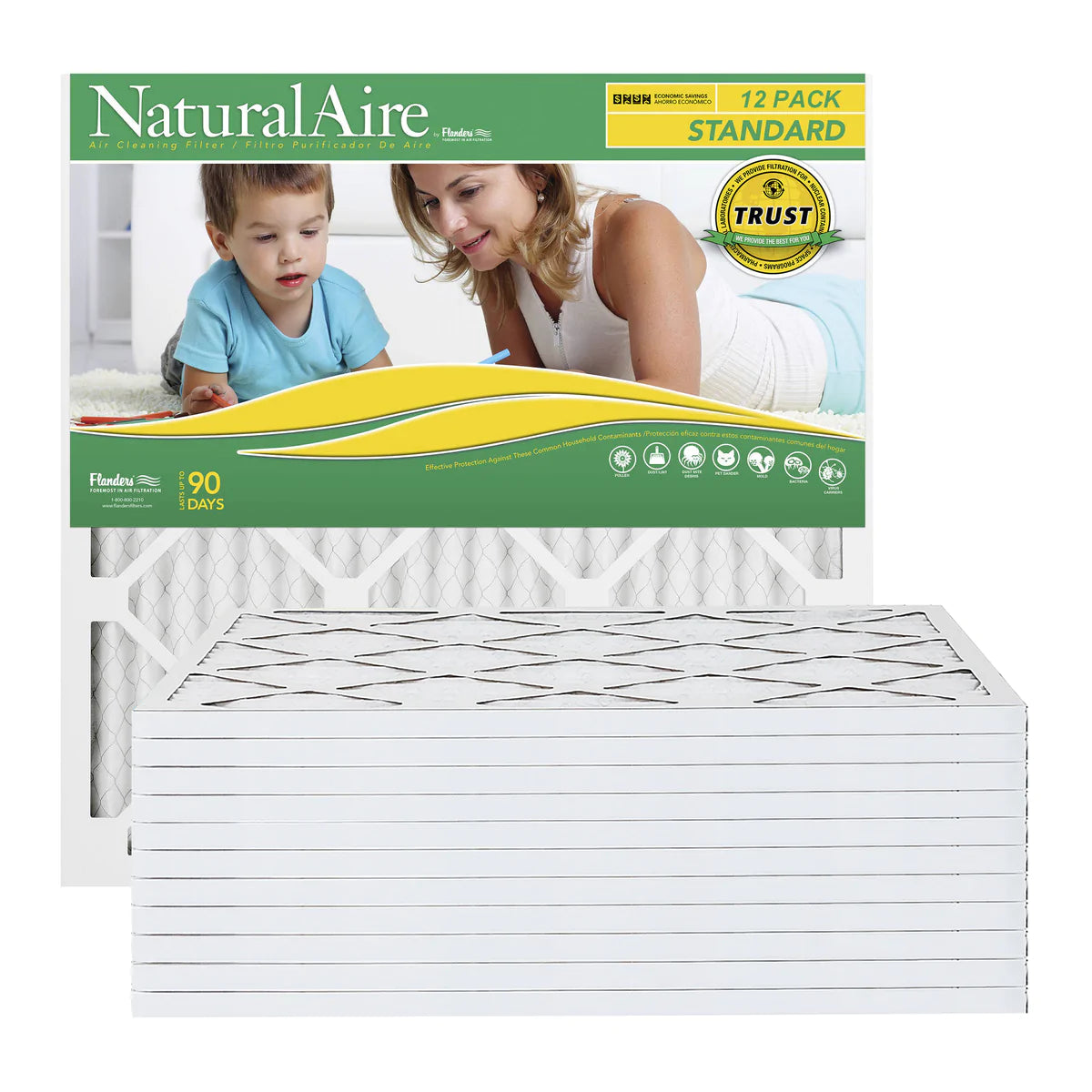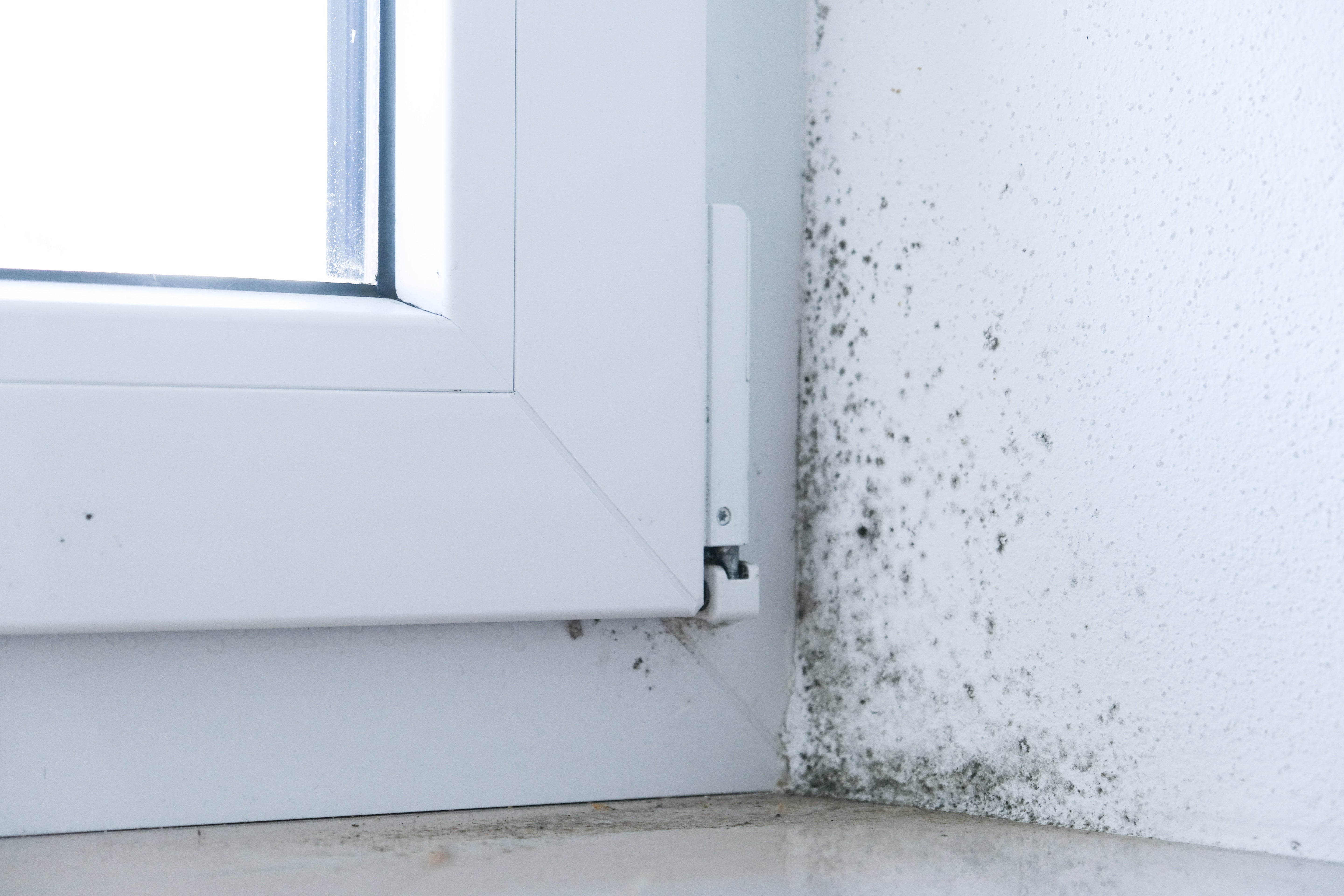Formaldehyde is a volatile organic compound (VOC) that is flammable and colorless. It has a distinct smell and is naturally occurring, but it can have devastating health consequences if you are exposed to it.
Formaldehyde causes cancer by damaging your DNA, and it can be deadly if you inhale its vapor. You may be wondering how you can reduce exposure to formaldehyde indoors. In this guide, you will learn a few tips for minimizing exposure to this harsh chemical.
Reduce the Number of Formaldehyde Sources Indoors
Formaldehyde is a common material found in industrial products such as wood, glue, paper, and paint. Therefore, you can reduce your exposure to it by using products that don’t have formaldehyde or limiting their use at home. Some other examples of products with formaldehyde in them are dish soap, leather, fabric softener, and certain medicines.
Allow for Adequate Ventilation
Having enough airflow indoors is a fantastic way to reduce exposure to hazardous chemicals such as formaldehyde. Opening a window or turning on fans will blow formaldehyde out of your home and allow fresh air to come inside. In addition, using NaturalAire furnace filters or another type of high-quality air filter in your home’s HVAC system will help you remove airborne pathogens like formaldehyde from your home’s internal atmosphere.
Air Out Your Furniture
Pressed-wood products and furniture emit high levels of formaldehyde, especially in brand-new products. For this reason, you will want to air out your new furniture. Before bringing them into your home, allow your furniture to sit outside for a while so that the formaldehyde can air out.
Don’t Smoke Indoors
If you are a health-conscious individual, you probably don’t smoke. Nevertheless, if someone you live with people who do smoke, don’t allow them to do so indoors unless you want to inhale their secondhand smoke. Formaldehyde is just one dangerous compound that you will inhale from secondhand smoke, but there are plenty of other detrimental compounds in smoke as well.
Overall, formaldehyde is a threat to anyone’s health, but you can minimize your exposure by following these tips. After reading this guide, you shouldn’t be asking yourself, “How can you reduce exposure to formaldehyde indoors?” any longer.


